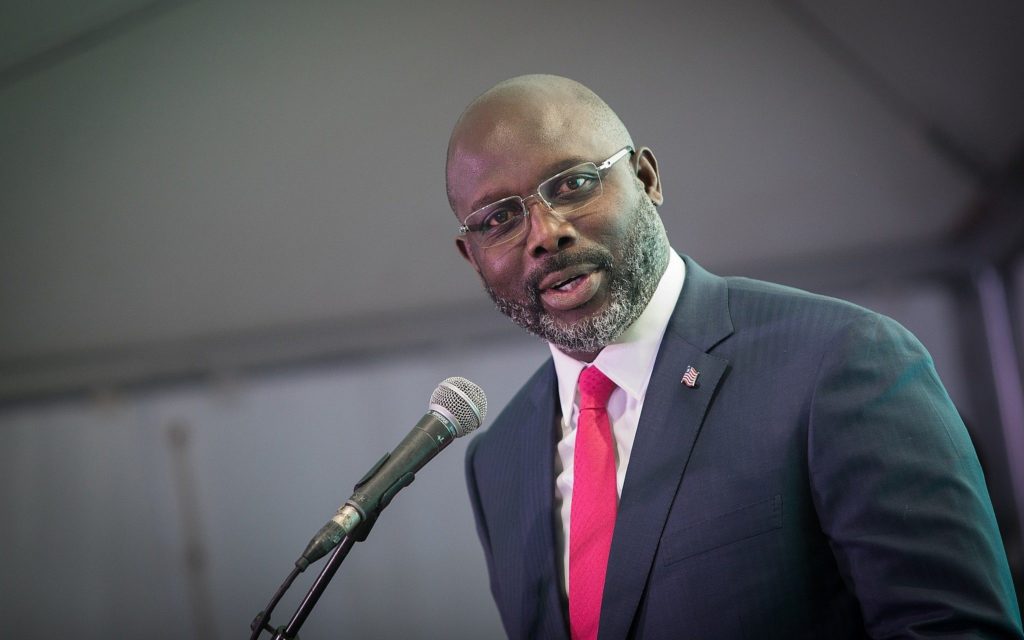
Smyrna, DE – Former United States President, Barack Obama, described his party’s defeat in the 2010 midterm elections as a “shellacking” after the Democratic Party lost control of Congress. Despite this loss, President Obama went on to win a second term in 2012, comfortably defeating Republican candidate, now Utah Senator Mitt Romney.
Similarly, Liberia’s President, former soccer star George Weah, saw his Congress of Democratic Change (CDC) party perform poorly in the December 2020 midterm elections, particularly in their political stronghold, Montserrado County, where Weah was the former senator before becoming president in 2018. The CDC’s loss to the Collaborating Political Parties (CPP) candidate, Senator Dillion, in 2018 and again in 2020, is troubling for Weah’s re-election bid in 2023. The CDC’s poor performance is also concerning because it may lead to the party losing its majority in the Liberian Legislature.
Weah’s once-strong popularity has declined due to the worsening living conditions in the country, which has led to disappointment among ordinary Liberians who had put their hope in him. The lack of basic social services such as roads, quality education, and healthcare, along with decaying infrastructure, has led to rising unemployment and caused many to turn away from Weah and seek an alternative to his leadership.
The CPP, a coalition of four political parties, is the likely alternative candidate in the 2023 presidential elections, with Alexander Cumming, a former executive of Coca-Cola International, as their political leader. If the CPP gains control of the Legislature, it could severely undermine Weah’s political agenda.
Although Weah’s re-election bid looks uncertain, he has three years to put the country back on track. The first step should be to tackle corruption, as Weah was accused of building apartment complexes for himself while the majority of the population, particularly those in Monrovia, live in slums. Additionally, close to $20 million disappeared from the Liberian Central Bank during the transition from former President Sirleaf to Weah.
If Weah can fight corruption and address the country’s issues within the next three years, his chances of re-election and those of down-ballot candidates may improve. Nonetheless, some Liberians question whether the CPP can provide the leadership needed to address the country’s problems, such as providing jobs, water, and power for citizens outside of Montserrado County, building farm-to-market roads, and improving healthcare and educational services across the country.